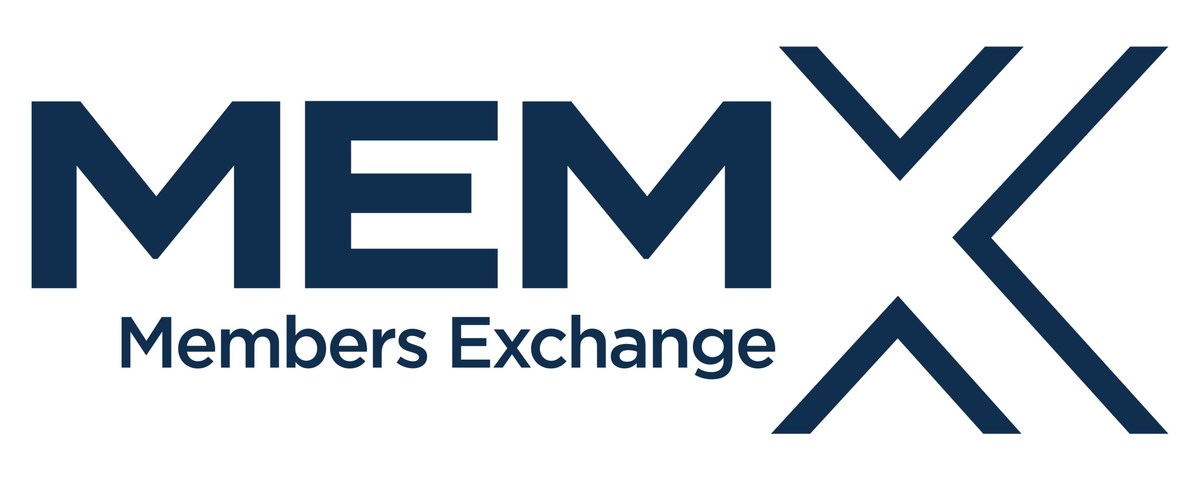Wall Street’s Felon Banks to Go Live with their Own Stock Exchange this Month

Extensive criminal histories are, apparently, no barrier to running a stock exchange in the United States.
By Pam Martens and Russ Martens of Wall Street on Parade.
Members Exchange (MEMX), a brand new stock exchange, has announced that it will begin live trading of select stocks for the first time on September 21 with a full phase-in on September 29.
Criminal histories are, apparently, no barrier to running a stock exchange in the United States to the deeply conflicted way of thinking of the Securities and Exchange Commission (SEC), which issued its approval to operate the exchange on May 5.
Investors in the new stock exchange are some of the most serially-charged Wall Street banks, including JPMorgan, Goldman Sachs, and UBS, along with the hedge fund, Citadel Securities. BlackRock, which is up to its neck in the Federal Reserve’s deeply conflicted bailout programs, is also an investor, as is the high-frequency trading firm, Virtu Financial, and others.
JPMorgan Chase has been criminally investigated by the U.S. Department of Justice at least four times in the past seven years. A criminal probe in 2013 looked at how the bank had used bank depositors’ savings to gamble in exotic derivatives in London, eventually losing $6.2 billion. That case was known as the London Whale and ended in the bank paying $900 million in fines. No criminal charges were brought against the bank.
In 2014, JPMorgan Chase was charged with two criminal felony counts for how it mishandled the business account of Ponzi mastermind, Bernie Madoff. JPMorgan’s compliance staff looked the other way at screaming red flags of money laundering in the Madoff account for decades. Bank employees told authorities in the U.K. that it thought Madoff might be running a Ponzi scheme. It filed no such concerns with U.S. regulators. The bank pleaded guilty to both felony counts.
In 2015, the Justice Department brought another criminal felony count against the bank, this time for engaging with other banks in rigging foreign exchange markets. The bank again pleaded guilty. In both the 2014 and 2015 cases, JPMorgan Chase was given a deferred prosecution agreement by the Justice Department.
On September 16 of last year, the Justice Department indicted two current and one former precious metal traders at JPMorgan Chase on criminal RICO charges, a charge typically leveled at organized crime members. The traders were charged with running a racketeering enterprise out of the precious metals trading desk at JPMorgan Chase. The bank has indicated in an SEC filing that the bank itself remains under a criminal probe in the matter.
In July of this year, Goldman Sachs settled a criminal indictment against it in Malaysia for $3.9 billion over its involvement in a bribery and kickback scandal known as 1MDB. According to a Bloomberg report in December, the U.S. Department of Justice also has an ongoing criminal investigation of the firm related to the same matter.
According to the 10-K (Annual Report) that Goldman filed with the SEC on February 21, it is cooperating with the Department of Justice in the 1MDB case but the resolution “could result in the imposition of significant fines, penalties and other sanctions against the firm, including restrictions on the firm’s activities.” Let’s hope that not being allowed to own a stock exchange is one of those restrictions…



